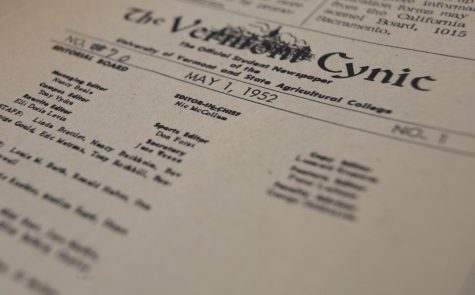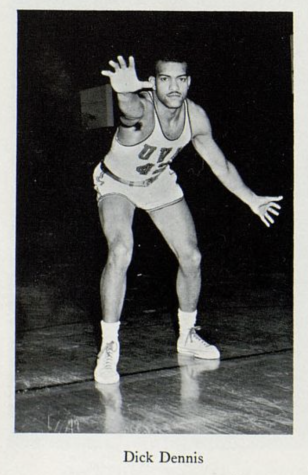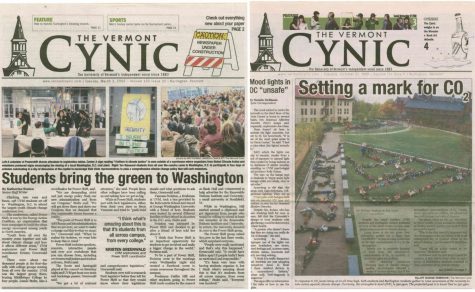When You Listen, Think for Yourself
John Densmore, ex-percussionist for The Doors, has not broken under the pressure coming from ex-band mates and Cadillac to sign an agreement to use The Doors’ hit, “Break on Through (To the Other Side)” in a new Cadillac commercial.
As a musical artist, to be termed a “sell out” by one’s fans is a label most artists would not care to sign on with. Artists “sell out” in the eyes of their listeners by writing certain music just to turn a profit, appearing in advertisements where they simply do not belong, selling their music to be used in an advertisement in which the music seems alien to the educated listener, or “betraying” their loyal fans in other ways.
So what is it that is being sold or given up by the artist when his music is turned over to an ad campaign?
The creators of the music lose their sole ownership of their music, while the public loses their right to hear the music exclusively at the times when they want to hear it. Along with their music, the artist essentially merges with the company behind the advertisement and their music is no longer used to entertain, but is then used to sell.
So what is the matter with that? Nowadays, popular artists frequently practice what the public calls “selling out.” Led Zeppelin and Cadillac, The Rolling Stones and Ameriquest Mortgage, Paul McCartney alongside Fidelity Investments, and the list continues.
Besides raking in huge profits from these deals, could it be that selling one’s music to be used in a commercial is a good idea because it allows the music to transcend future generations?
Ray Manzarek, ex-keyboardist for The Doors, echoed this sentiment in a recent interview with Chicago Tribune writer Geoff Boucher. When discussing the remaining members of the Doors’ current dispute over the Cadillac deal, Manzarek said, “… artists and corporations working together, that’s the 21st Century. That’s the true age of Aquarius. But John’s ego wouldn’t let him see it was a good thing to do.”
The presence of art in corporate advertising is not necessarily a bad thing. After all, considering the amount of exposure to corporate ad campaigns that the average American observes, an artistic twist is a good way to keep things interesting for everybody.
However, can the decision of the artist to allow the use of his music by an advertising campaign be justified because this is one of the few ways for an artist’s music to live on in a band’s aftermath?
On the contrary, the success of any given artist is dependent exclusively on the listener. No matter the sincerity, musical genius, or style of the artist himself, the audience is ultimately the force capable of perpetuating the potentially long lasting life of the artist’s music. The financially able listener buys the music he or she wants, the concert tickets, merchandise, and most importantly the listener spreads the music to the ears of his or her music listening companions.
An inherent duty exists for the listener because of his power to give life to an artist’s music, to actively seek out the finest music of both today and yesterday, the music produced by true artists whose music reflects the artist’s own valuable emotions and experiences, and not simply the flaky jabber that will run a track to the top of the charts.
Perhaps the listeners need to remind themselves of this, as some of the music that is made popular today is in fact so conservative, so middle of the road, so far from being controversial that listening to such music can be likened to slipping into a bath of lukewarm plain yogurt after a long day of mopping floors, without the sense of accomplishment. Be mindful of the music that you choose to listen to, and of the music that you choose to ignore.









![Can’t buy me [self] love](https://vtcynic.com/wp-content/uploads/2024/04/self-care-FINAL-600x398.jpg)
